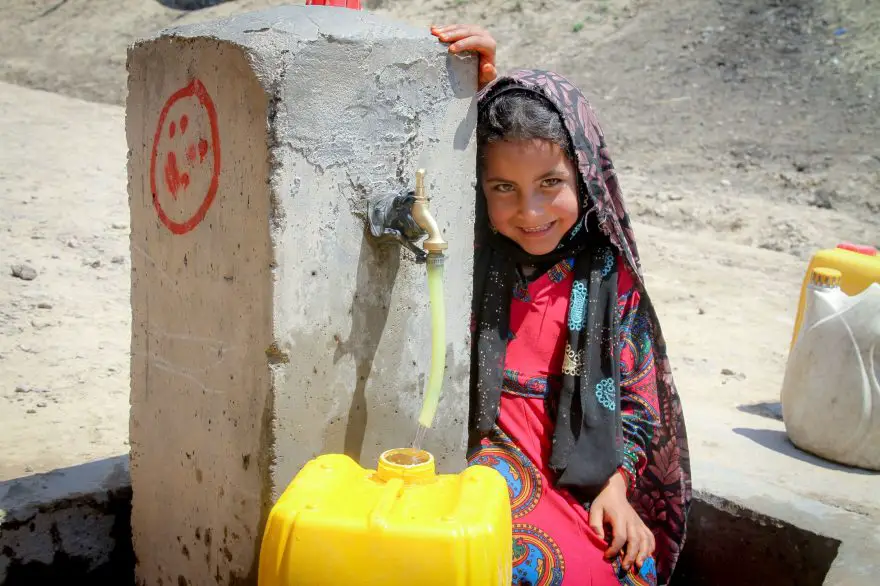Our Terms & Conditions | Our Privacy Policy
UN warns of drought and water crisis in Afghanistan

The UN warns that severe drought and water shortages in Afghanistan are worsening, threatening agriculture, livelihoods, and overall humanitarian conditions.
The United Nations has issued a stark warning about the escalating risk of drought and water scarcity in Afghanistan due to an unprecedented decline in rainfall and rising temperatures. In a recent report, the United Nations Office for the Coordination of Humanitarian Affairs (OCHA) highlighted that the current rainfall levels across Afghanistan have decreased to an alarming extent compared to previous years.
According to OCHA’s findings, the agricultural pressure index indicates a significant reduction in vegetation growth across much of the country. This decline is a clear sign of worsening drought conditions and poses a serious threat to both rural livelihoods and national food security.
The report also emphasizes that, apart from the northeast, most Afghanistan provinces are witnessing not only reduced rainfall but also rising temperatures. These climatic changes have contributed to the degradation of agricultural lands, depletion of water resources, and destruction of pasturelands—exacerbating the vulnerability of communities dependent on farming and livestock.
Afghanistan has long been grappling with the adverse effects of climate change, including erratic precipitation patterns and shrinking groundwater levels. These developments severely threaten the agricultural sector, which employs over 60% of the population, and have led to increasing internal displacement and deepening rural poverty.
Compounding the crisis is the lack of effective natural resource management systems and declining water storage capacity. Afghanistan’s fragile infrastructure and limited investment in climate adaptation strategies have made it more difficult to respond to environmental shocks.
To mitigate these challenges, international and regional stakeholders must urgently invest in sustainable water management systems, climate-resilient agricultural practices, and early warning mechanisms. Empowering local communities with resources and knowledge to adapt to changing climatic conditions is crucial for long-term resilience.
Meanwhile, addressing the climate crisis in Afghanistan requires a comprehensive and coordinated approach involving humanitarian aid, environmental governance, and development assistance. As the country faces cascading climate-related threats, a united global response is essential to avert further environmental degradation and humanitarian crises.
Images are for reference only.Images and contents gathered automatic from google or 3rd party sources.All rights on the images and contents are with their legal original owners.



Comments are closed.